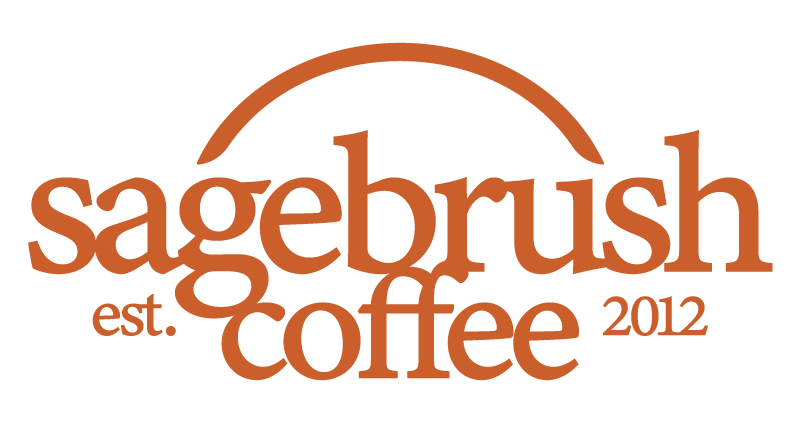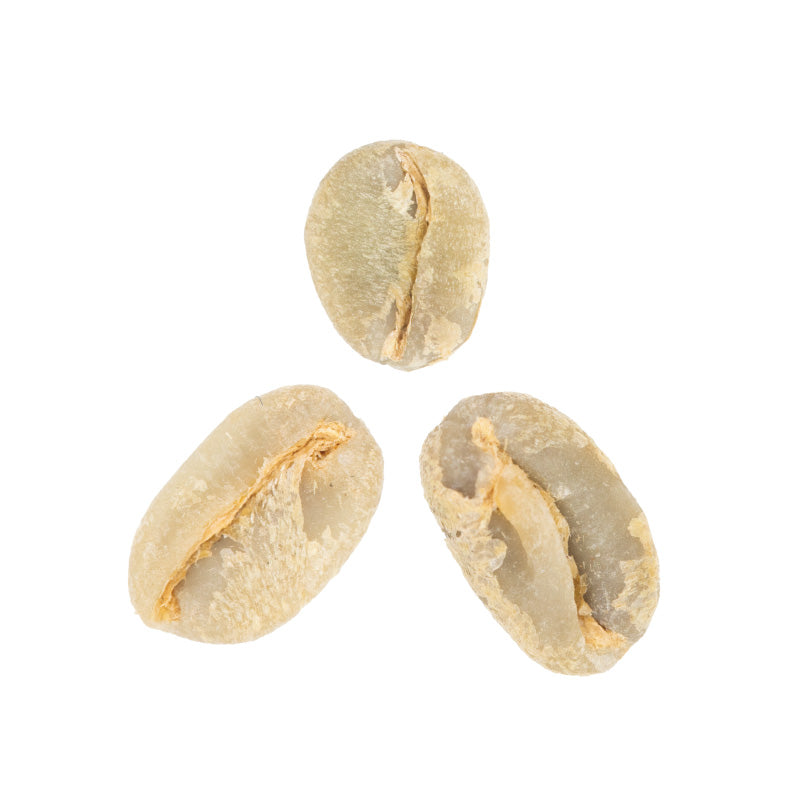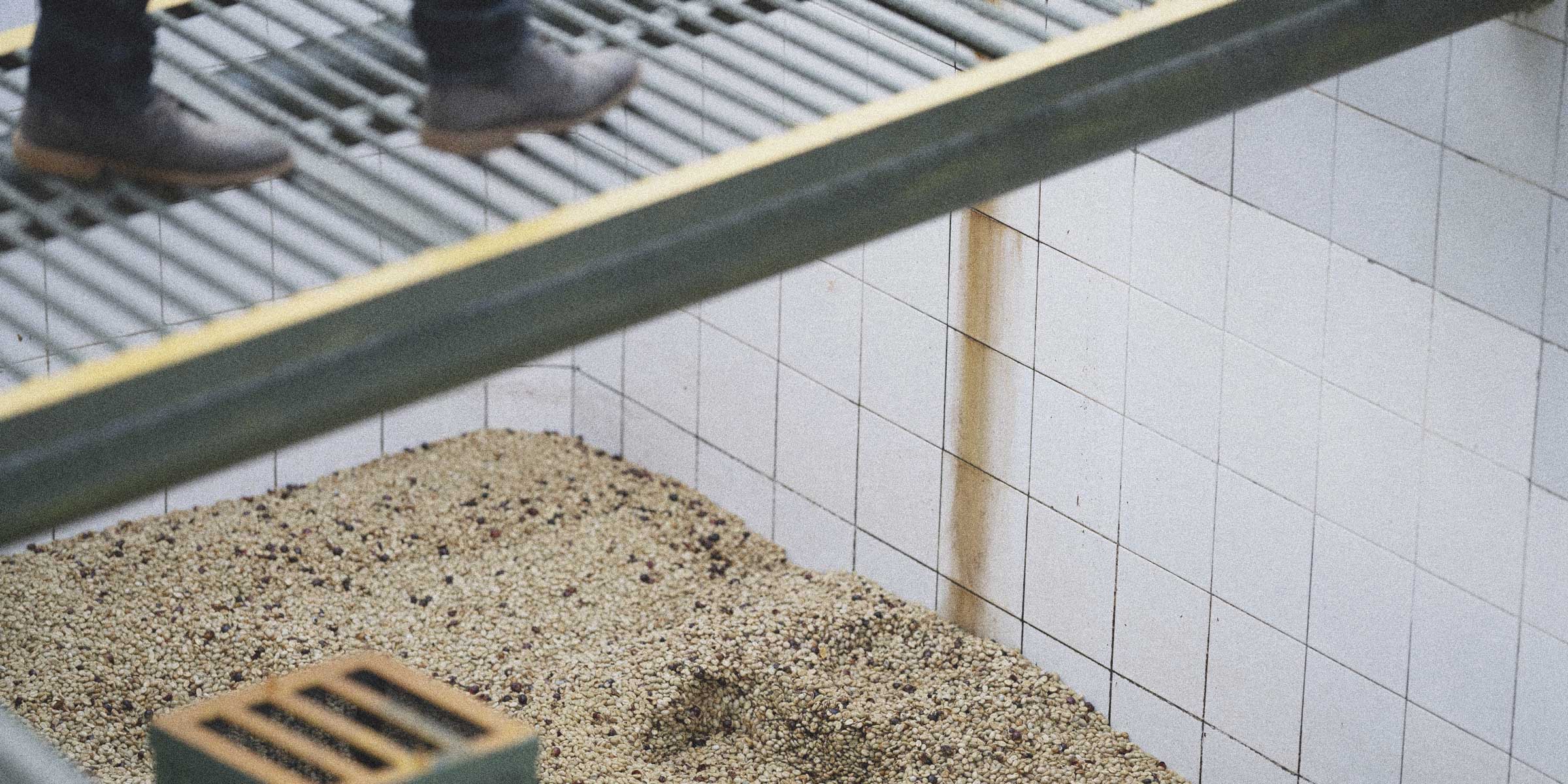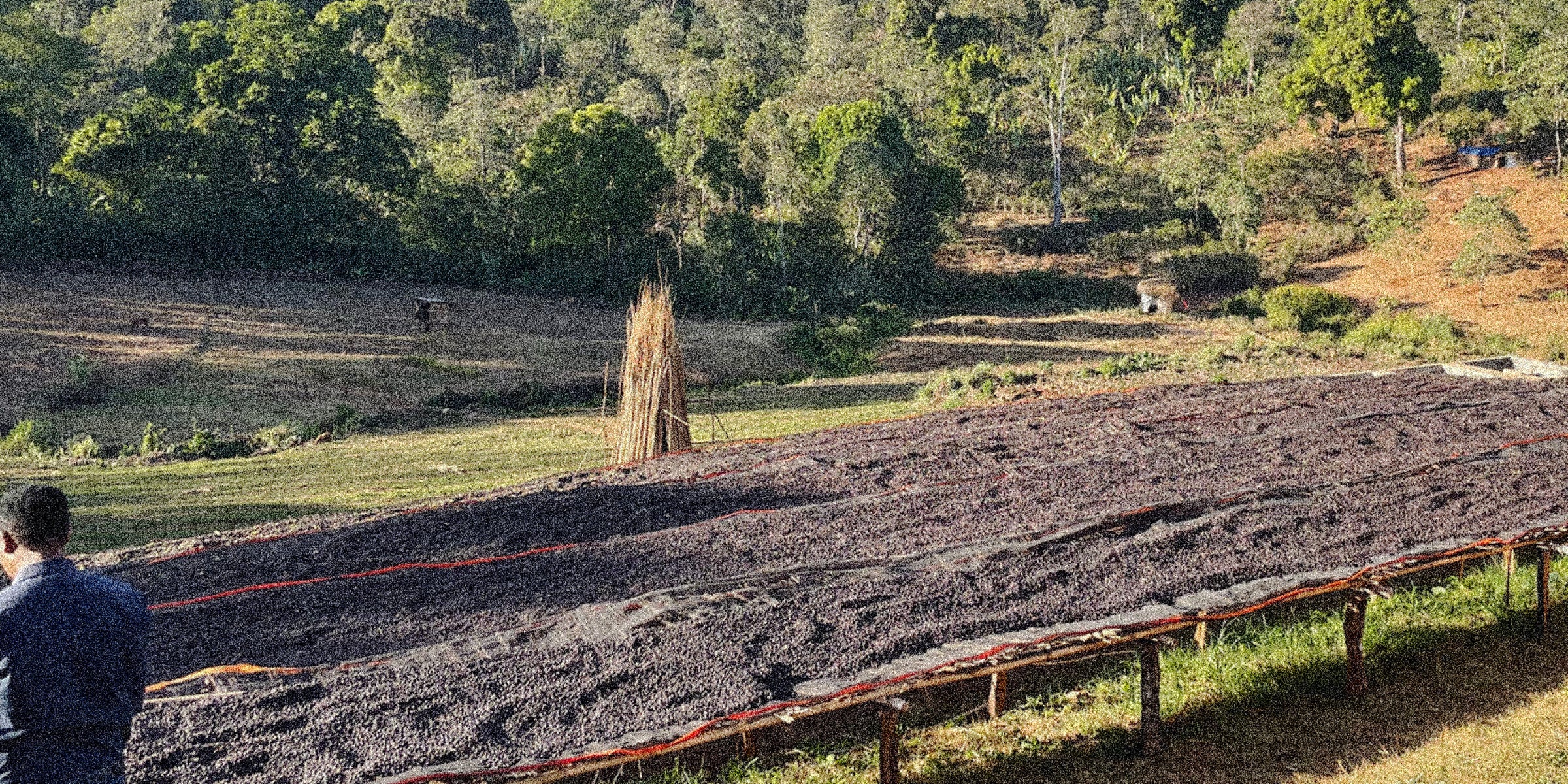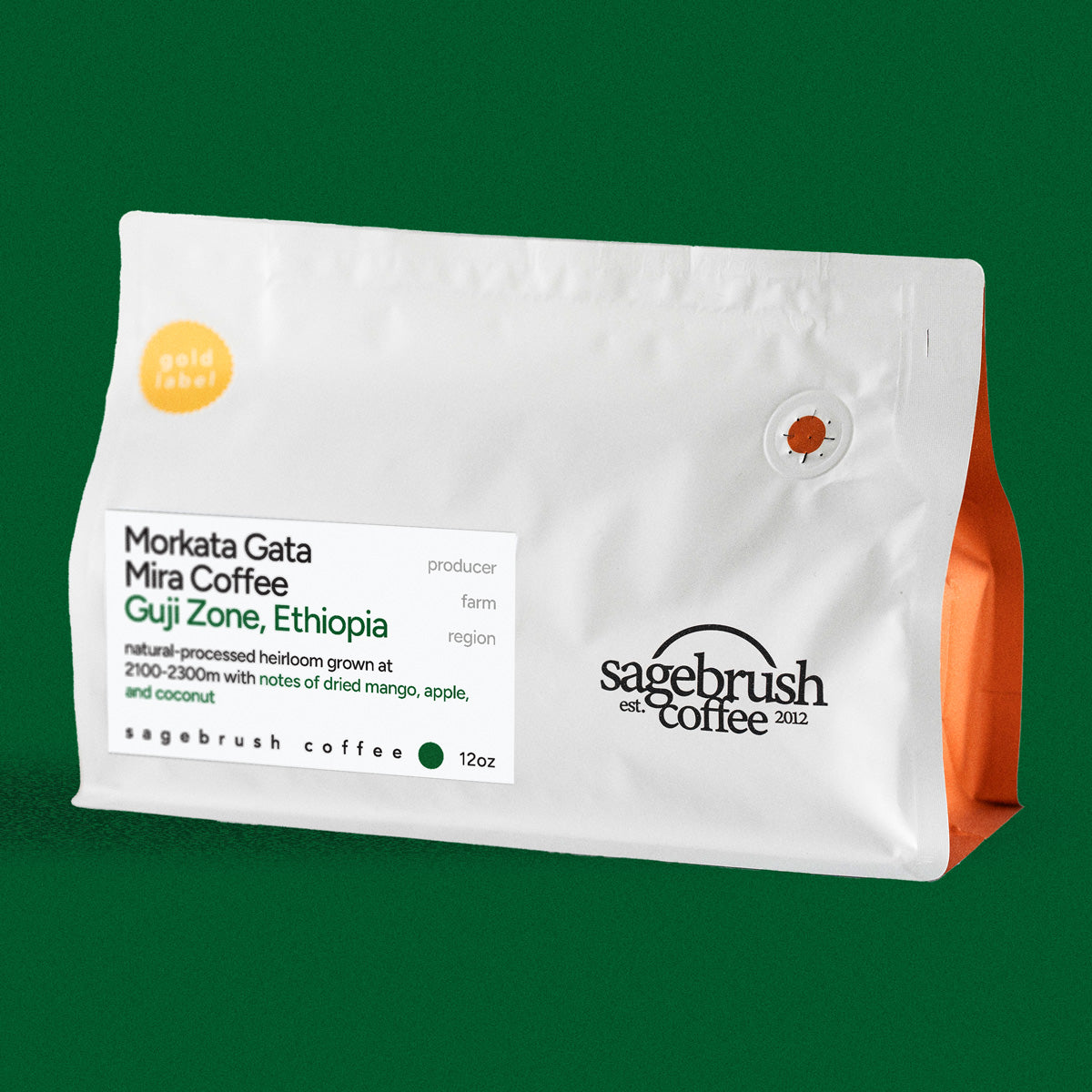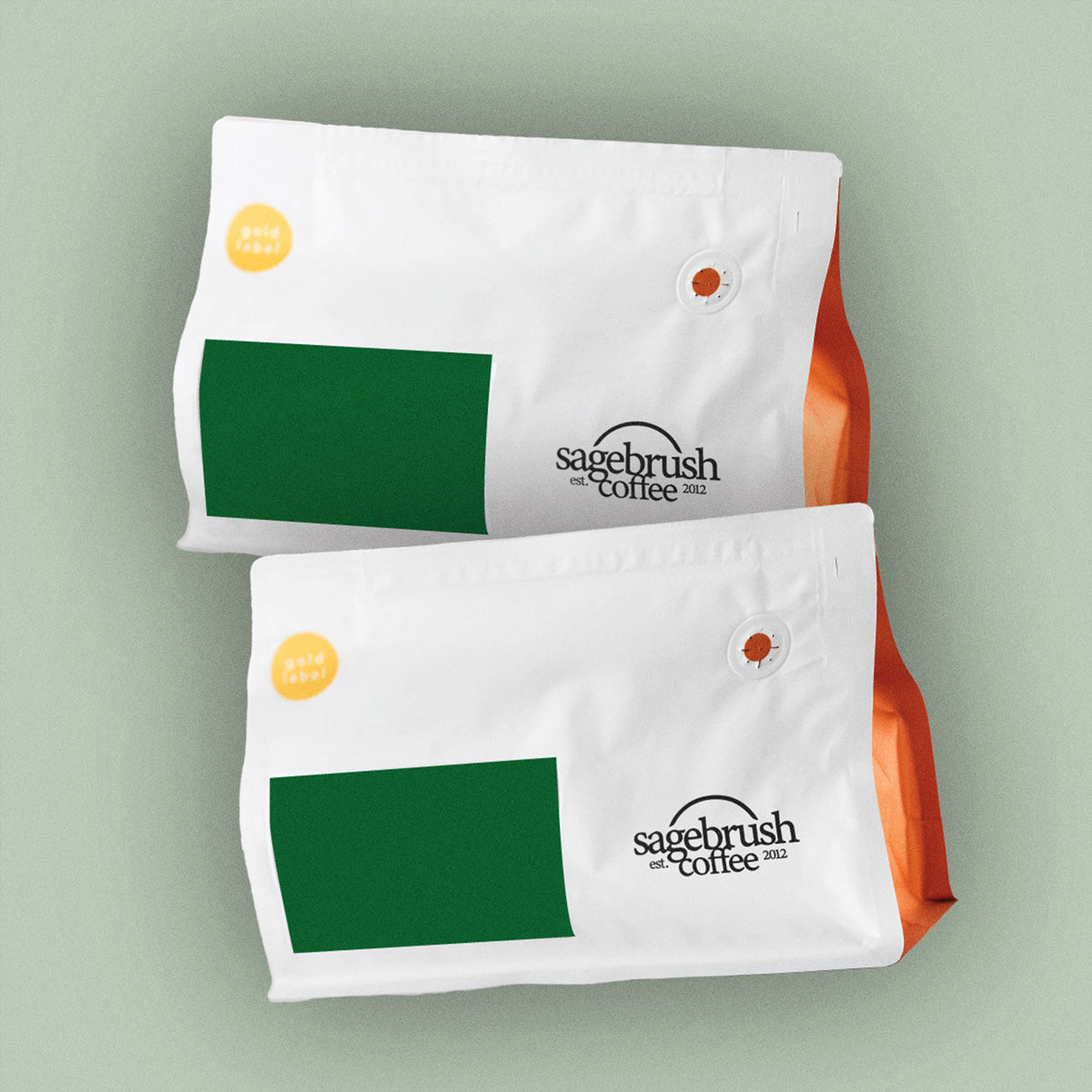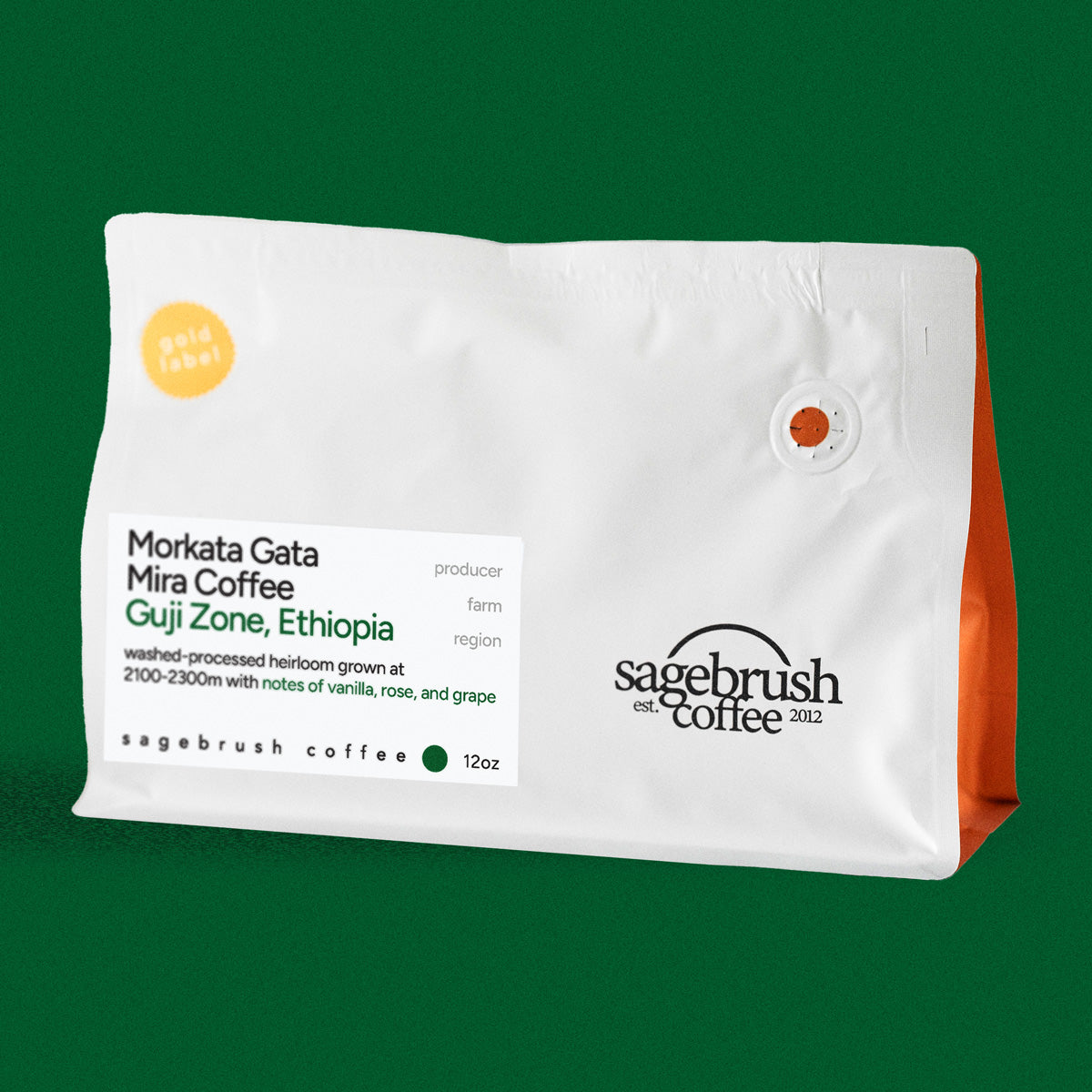

Morkata Gata • Washed-Processed Guji Heirloom
from Mira Coffee grown at 2100-2300masl with notes of vanilla, rose, and grape

Morkata Gata • Washed-Processed Guji Heirloom
Quick Guide
What is this coffee?
Processing Method
Washed Process-
Country
Ethiopia-
Altitude
2100-2300masl - Altitude is typically correlative to the potential complexity of a coffee bean. The higher in altitude the coffee is grown, the denser the bean will be, resulting in a more dynamic cupping experience.
Classification
Gold Label-
Variety(s)
Heirloom
All about the coffee
shop Ethiopia
Morkata Gata • Natural-Processed Guji Heirloom
Morkata Gata • Washed-Processed Guji Heirloom
Taste of Ethiopia • Combo 2 Pack
